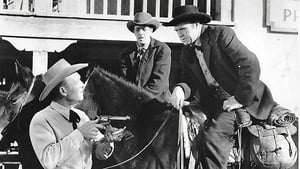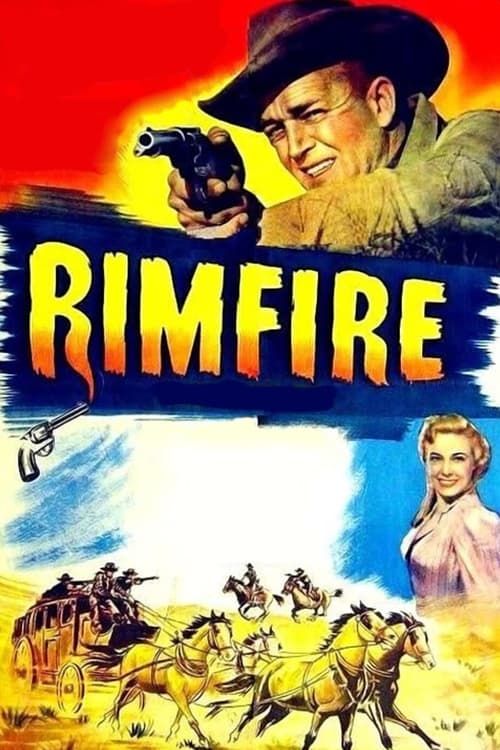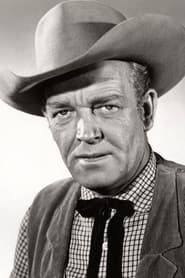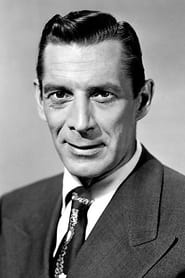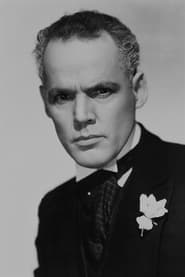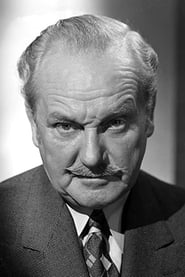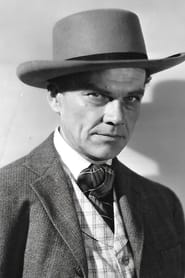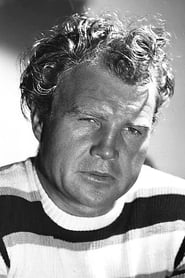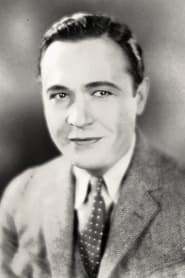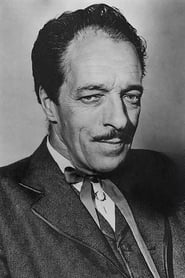Cast
View AllJames Millican
as Capt. Tom Harvey
Mary Beth Hughes
as Polly
Reed Hadley
as The Abilene Kid
Henry Hull
as Nathaniel Greeley
Victor Kilian
as Sheriff Jim Jordan
Fuzzy Knight
as Porky Hodges
Chris-Pin Martin
as Chico
George Cleveland
as Judge Gardner
Margia Dean
as Lolita
Ray Bennett
as Barney Bernard
Glenn Strange
as Curt Calvin
John Cason
as Blazer
Jason Robards Sr.
as Elkins (Banker)
I. Stanford Jolley
as Toad Tyler
Ben Erway
as Deputy Sheriff Harry Wilson
Crew
Director
- B. Reeves Eason
Reviews
CinemaSerf
There's quite a lot to enjoy in this quickly paced little spooky western. It all starts with an attempt to hijack the stagecoach, one that is luckily thwarted by "Harvey" (James Millican). One of those he rescues happens to be the neice of the local sheriff, and soon he finds himself deputised. "The Abilene Kid" (Reed Hadley), meantime, gets himself into a bit of bother with some marked cards, and after a cursory court hearing under the jurisdiction of the no-nonsense "Judge Gardner" (George Cleveland) is sentenced to hang. Now the film gets interesting. He was found guilty by public acclamation (i.e. a vote of those in the courtroom, rather than by a formal jury) - 11 to 6. Shortly after his execution, some of the eleven start to go the way of the dodo - and the townsfolk start to suspect a ghost! Could it be the "Kid" back for vengeance on this who wronged him? There's a decent sub-plot about some missing gold, too - just to keep it interesting, and a little romance with "Polly" (Mary Beth Hughes). The ending is a bit rushed, but hough the production is pretty basic and the acting really unremarkable, the whole is better than the sum of the parts and we are presented with an entertaining film for an hour.
Jun 14, 2022
Thematic Analysis
Rimfire represents a fascinating example of Western cinema, offering viewers a unique perspective on the human experience and societal structures. The film's approach to its themes demonstrates a creative vision that distinguishes it within its genre.
Director B. Reeves Eason brings their distinctive visual style to this film, continuing their exploration of themes seen in their previous works while adding new elements. Their approach to pacing and visual storytelling creates a viewing experience that rewards close attention.
Released in 1949, the film exists within a cultural context that now offers viewers historical perspective on the social issues of that era. Its reception demonstrates the diverse reactions to its artistic choices and its place in cinema history.
Did You Know?
- The production of Rimfire took approximately 10 months from pre-production to final cut.
- The final cut of the film runs for 63 minutes, though the director's initial assembly was reportedly 114 minutes long.
- The screenplay went through 6 major revisions before the final shooting script was approved.
- Several scenes were filmed in multiple locations to capture the perfect setting.
- The musical score contains over 60 unique compositions.
Historical Context
- In 1949, when this film was released:
- The civil rights movement was gaining momentum in the United States.
- Rock and roll music was revolutionizing popular culture.
- The film industry was dominated by major studios, with independent cinema still in its early development.
How This Film Stands Out
While Rimfire shares thematic elements with other films in its genre, it distinguishes itself through its unique approach to storytelling, visual style, and character development.
Unlike Ace of Cactus Range, which focuses more on action than character development, Rimfire offers a fresh perspective through its innovative visual language and narrative structure.
While films like More Wild Wild West and Texas Panhandle explore similar territory, Rimfire stands apart through its deeper exploration of its central themes and more complex characterization.
This film's unique contribution to cinema lies in its thoughtful balance of entertainment value and thematic depth, making it a valuable addition to its genre.
Details
- Release Date: March 25, 1949
- Runtime: 1h 3m
